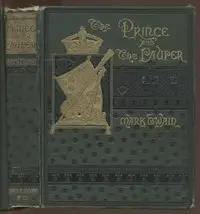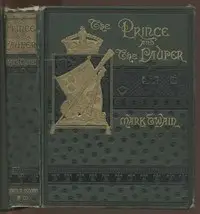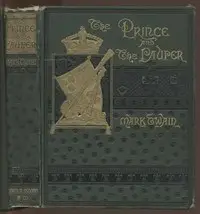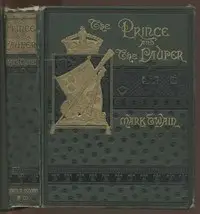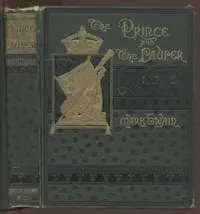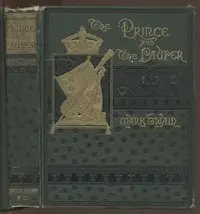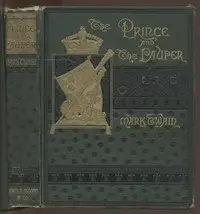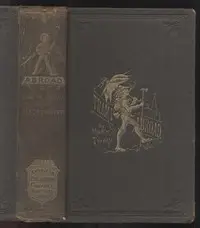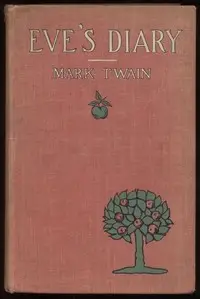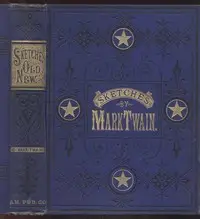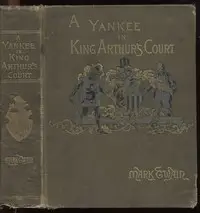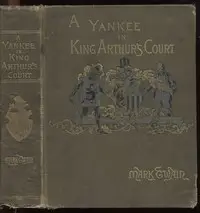"The Prince and the Pauper, Part 7." by Mark Twain is a historical fiction story that considers social class and who people really are by telling the tale of a prince and a poor boy who trade lives and see what the other lives like. In this part of the story, we see them dealing with problems and adventures after they switch, going through fights, being lied to, and trying to figure out where they belong. The King, dressed as a poor person, is stuck with a group of mean tramps who make fun of him. Even though he's a king, he doesn't give up and even wins a fight against someone named Hugo, which makes the gang respect him. At the same time, he's trying to remember who he is and keep his pride while dealing with the tough parts of his new life. Elsewhere, Miles Hendon is looking for the King but has to face his nasty brother and the unfair things that happen to him. The story looks closely at loyalty, unfairness, and how people act, as the King and Miles try to find where they're supposed to be in a chaotic world.
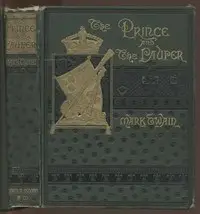
The Prince and the Pauper, Part 7.
By Mark Twain
Stripped of their true identities, a king among thieves and a loyal friend battling betrayal fight to reclaim their rightful places in a world turned upside down.
Summary
About the AuthorSamuel Langhorne Clemens, known by the pen name Mark Twain, was an American writer, humorist, and essayist. He was praised as the "greatest humorist the United States has produced," with William Faulkner calling him "the father of American literature." Twain's novels include The Adventures of Tom Sawyer (1876) and its sequel, Adventures of Huckleberry Finn (1884), with the latter often called the "Great American Novel." He also wrote A Connecticut Yankee in King Arthur's Court (1889) and Pudd'nhead Wilson (1894) and cowrote The Gilded Age: A Tale of Today (1873) with Charles Dudley Warner.
Samuel Langhorne Clemens, known by the pen name Mark Twain, was an American writer, humorist, and essayist. He was praised as the "greatest humorist the United States has produced," with William Faulkner calling him "the father of American literature." Twain's novels include The Adventures of Tom Sawyer (1876) and its sequel, Adventures of Huckleberry Finn (1884), with the latter often called the "Great American Novel." He also wrote A Connecticut Yankee in King Arthur's Court (1889) and Pudd'nhead Wilson (1894) and cowrote The Gilded Age: A Tale of Today (1873) with Charles Dudley Warner.

